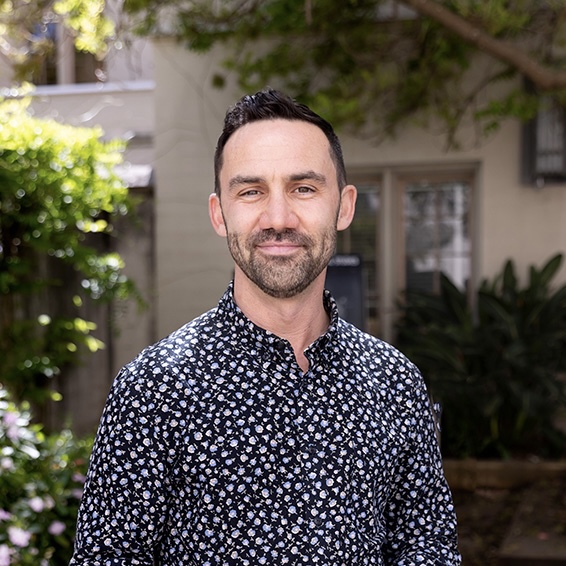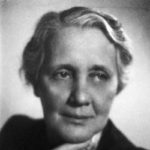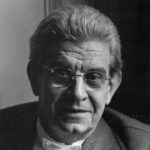Exploring the Unconscious: Arts, Science and the Humanities

- This event has passed.
Rossellini Beyond Repair
Saturday, December 2, 2023 @ 10:00 am - 12:00 pm
This talk revisits Roberto Rossellini’s Europa ’51 (1952), a film that Gilles Deleuze made famous for its way of “seeing convicts” in a range of social institutions, including the factory, the bourgeois family, and the psychiatric hospital. Recent accounts of Rossellini’s career have emphasized his role in manufacturing narratives of postwar national innocence. Though not always psychoanalytically inclined, these critical accounts see Rossellini as avoiding guilt and calling instead for collective self-exoneration. By contrast, I read Europa ’51 as offering both a recognition of complicity and a critique of the Italian carceral state, though one that knows itself to be contained, disempowered, and confined. Focusing on the limits of this critique, I bring Rossellini’s film into conversation with ongoing debates in the humanities about “reparative reading” and its alternatives. I turn to the work of the literary critic and queer theorist Eve Kosofsky Sedgwick in particular, noting that Sedgwick builds on an interpretation of Melanie Klein that some recent readers have challenged. What would it mean to see Europa ’51 as both a rejoinder to Sedgwick and a response to Klein? The talk is drawn from my book manuscript in progress, provisionally titled “Free Clinics,” which begins with the Italian invention of electroconvulsive therapy in 1938 and centers on the critique of psychiatry that emerges in Italy and Brazil, among other places, in the 1960s and 1970s. In the book’s first chapter, I argue that Rossellini’s film anticipates this critique while also pointing to the key role that the aesthetic comes to play in mid-century debates about institutionalization and its alternatives. Throughout “Free Clinics,” I show how the convergence of aesthetics and clinical work–the coming together of discourses and practices that are now often kept apart–allows for the rearrangement of both realms and the articulation of a forceful critique. This means that clinicians take their cues from artists, but at the same time art begins to aspire to the condition of radical psychiatry or dissident psychoanalysis.
SPEAKER

Ramsey McGlazer is Associate Professor of Comparative Literature at the University of California, Berkeley. He is the author of Old Schools: Modernism, Education, and the Critique of Progress (Fordham University Press, 2020), which won the American Association for Italian Studies First Book Prize in 2021. He studies European and Latin American literature, film, and critical theory and is working on a book about aesthetics, abolition, and antipsychiatry in Italy and Brazil. A related essay on the work of the Italian psychoanalyst Elvio Fachinelli recently appeared in n+1 online.


